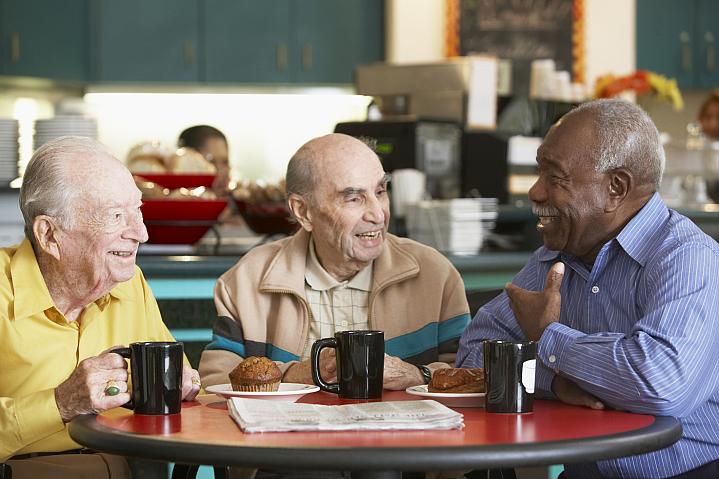Health Capsule
Problems With Your Smell or Taste?
 monkeybusinessimages / iStock / Getty Images Plus
monkeybusinessimages / iStock / Getty Images PlusSmell and taste are important senses. They can help you enjoy life—smell the flowers or savor your meal. They can also keep you safe. The smell of smoke can alert you to danger.
As you get older, your sense of taste or smell may fade. These senses are related. So when you can’t smell, you may also find that food tastes bland.
Often, loss of smell or taste isn’t cause for concern. It can be caused by many things. People with certain viruses can temporarily lose one or both senses.
When undergoing radiation and other cancer treatments, people may experience loss of smell and taste. This should return after the treatment stops.
Certain medications can also affect smell or make food taste different. An infection in the mouth, like gum disease, can leave a bad taste, too.
Sometimes the loss of smell or taste can be a sign of a more serious problem. Losing your sense of smell, for example, may be a symptom of Parkinson’s or Alzheimer’s disease. Tell your health care provider if you have any change in your sense of smell or taste.
If you’re having trouble smelling and tasting, adding colorful foods and spices to a dish can help. Try choosing brightly colored vegetables, like carrots or broccoli. Spices like mustard, garlic, and ginger can liven up a meal. Learn more about changes to smell and taste.
NIH Office of Communications and Public Liaison
Building 31, Room 5B52
Bethesda, MD 20892-2094
nihnewsinhealth@od.nih.gov
Tel: 301-451-8224
Editor: Harrison Wein, Ph.D.
Managing Editor: Tianna Hicklin, Ph.D.
Illustrator: Alan Defibaugh
Attention Editors: Reprint our articles and illustrations in your own publication. Our material is not copyrighted. Please acknowledge NIH News in Health as the source and send us a copy.
For more consumer health news and information, visit health.nih.gov.
For wellness toolkits, visit www.nih.gov/wellnesstoolkits.



